Bacterial Meningitis
Meningitis is a medical term for the inflammation of the meninges, which cover the brain and the spinal cord and serve as their protection. This condition can be caused by a virus and then it is viral meningitis. On the other hand, when bacteria cause meningitis, it is called bacterial meningitis. The most common symptoms are headaches and stiffness in the neck, but this is a very serious and life-threatening condition, since it can expand to the spinal cord and to the brain.
Bacterial Meningitis Precautions
There are certain steps that have to be done in order to prevent the development of this serious disease. It is always better to prevent a disease than to cure it. Since bacterial meningitis is highly contagious disease, wearing a mask is obligatory. The patient must wear a mask over the mouth and the nose all the time. Otherwise, the disease can easily be spread to other people simply through droplets. For example, when an infected person coughs and then the healthy person inhales the air together with the droplets full of bacterial pathogen, then the healthy person contracts the infection.
Another step for prevention from spreading of the bacterial meningitis is semi-isolation. The bacteria that cause this disease can spread even during the incubation period. The incubation period is the period from the time the bacteria enter the body until the time the patient shows the first symptoms of bacterial meningitis. When a person develops bacterial meningitis, it is important to be hospitalized and placed in a separate room. The personal clothing and utensils that belong to the patient should not be used by anybody else.
Bacterial Meningitis Treatment
Since this condition is caused by bacteria, its treatment requires the administration of antibiotics. However, the patients are not the only ones who must take antibiotics. Those people who were in contact with the infected person should also take antibiotics. In the majority of cases, those people are the nurses and family members. The bacteria Streptococcus pneumoniae and Neisseria meningitidis are responsible for the bacterial meningitis and the administered antibiotics tend to eliminate them. But these antibiotics cannot permanently cure bacterial meningitis.
A meningitis vaccine is one of the best precaution methods used widely for bacterial meningitis. Meningococcus vaccine can be very effective in many cases. For example, when this vaccine was discovered or introduced in many countries, the number of meningitis cases considerably declined. Today, the most popular vaccinations are those for fighting against the bacteria Streptococcus pneumoniae and Haemophilus influenza.
- Meningococcal vaccines help protect against N. meningitidis.
- Pneumococcal vaccines help protect against S. pneumoniae.
- Haemophilus influenzae serotype b (Hib) vaccines help protect against Hib.
- Bacille Calmette-Guérin vaccine helps protect against tuberculosis disease, but is not widely used in the United States.


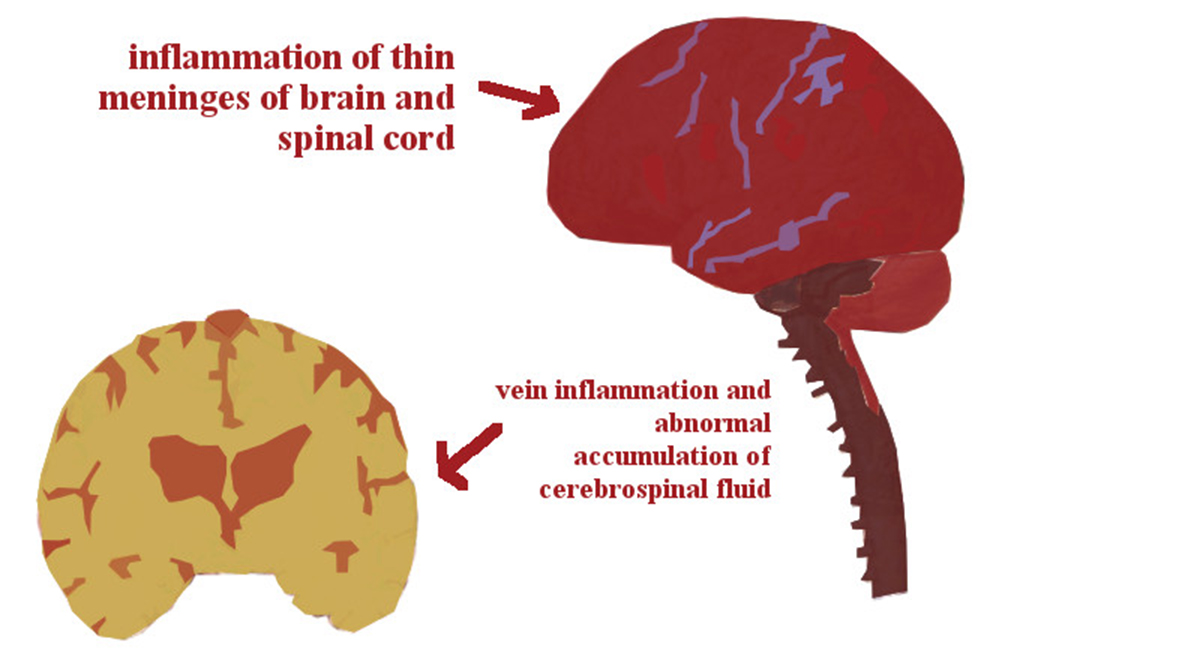




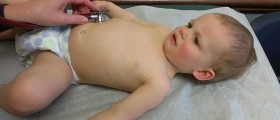
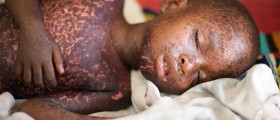

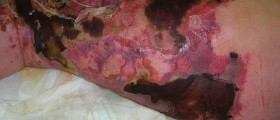



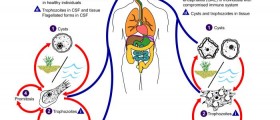
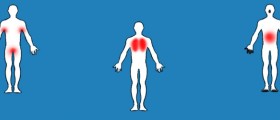


Your thoughts on this
Loading...